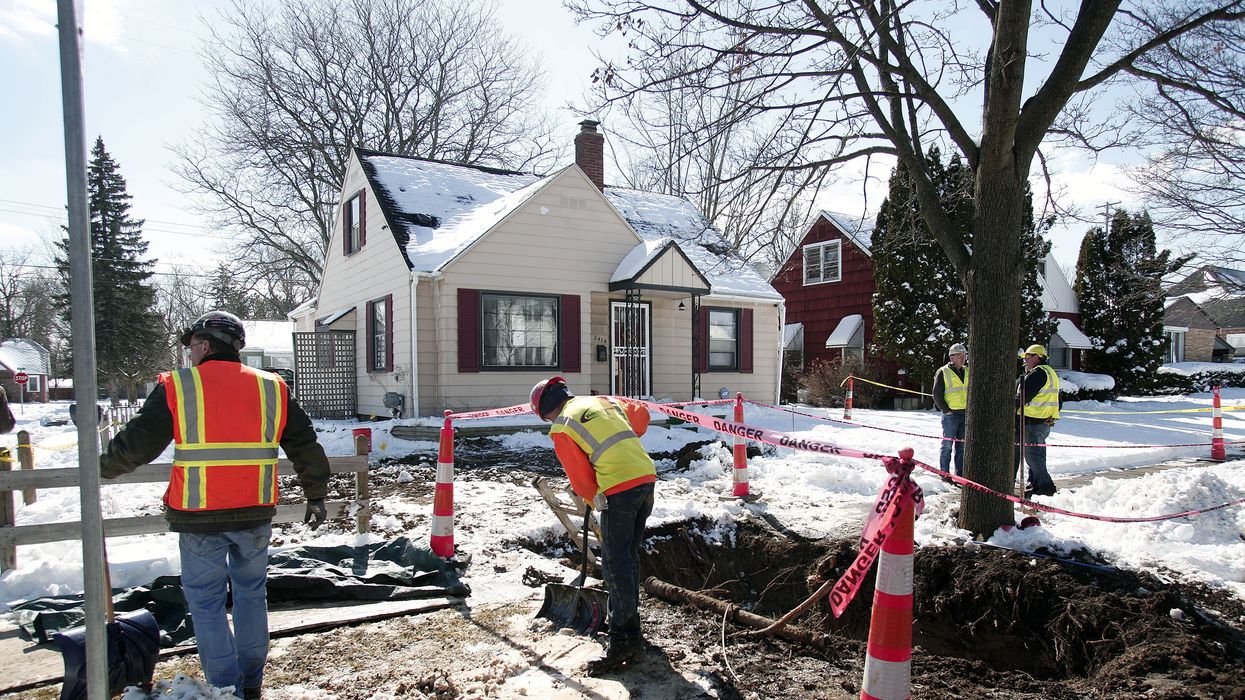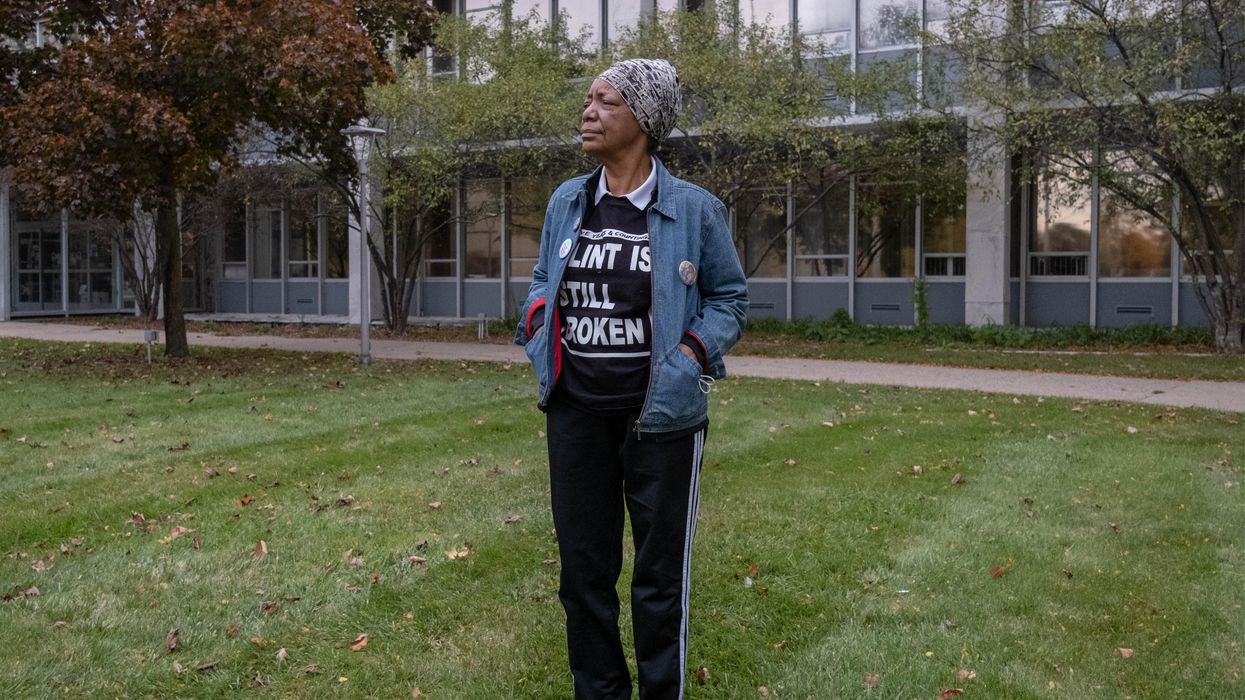A Moral Imperative: Embracing the Precautionary Principle and the Right to Know
When there is a suspected risk of harm—and scientific certainty is not yet established—the burden of proof should not fall on the people who may be harmed by it.
We live in a time that celebrates innovation—but too often, it’s innovation without accountability. Pesticides are sprayed where children play. Harmful chemicals are embedded in everyday products. Communities are exposed to toxic risks without warning.
The pattern is clear: Dangerous substances are allowed into our lives before their safety is truly understood. Industry profits from speed, while public protections are stuck in delay. The default approach often favors inaction until overwhelming evidence of danger is undeniable. But by then, the damage is already done. From asbestos to lead paint to Perfluoroalkyl and Polyfluoroalkyl Substances (PFAS) “forever chemicals,” history offers a grim catalog of missed opportunities to prevent harm. Each case is a reminder that early warnings were ignored, risks were downplayed, and the public was left unprotected.
That’s why we must fully embrace the Precautionary Principle and defend the Right to Know as the foundation of public health, environmental justice, and informed consent.
At its core, the Precautionary Principle is straightforward and rooted in common sense: When there is a suspected risk of harm—and scientific certainty is not yet established—the burden of proof should not fall on the people who may be harmed by it. These aren’t bureaucratic ideals—they’re essential safeguards in a world where the cost of delay is measured in illness, inequity, and lost public trust.
It’s not radical to ask what’s in our air, water, or soil. What’s radical is expecting families to live with uncertainty, secrecy, or delayed action.
When I founded California Safe Schools, it was because of one disturbing reality: Parents had no idea when or where pesticides were being used on school campuses. There was no warning, no notice, and no choice. Children and school staff were being exposed—without their knowledge or consent.
Through years of community organizing, scientific research, and policy advocacy, we helped secure a major shift in how public schools approach pesticide use. In 1999, the Los Angeles Unified School District—the second-largest in the country—adopted a groundbreaking Integrated Pest Management Policy grounded in the Precautionary Principle and the Right to Know. It required written notification of pesticide use, prioritized least-toxic alternatives, and banned broadcast spraying.
This became a model for statewide reform. In 2000, California passed the Healthy Schools Act, ensuring that all public schools would follow similar transparency and notification requirements. And in 2005, AB 405, sponsored by California Safe Schools, made California the first state in the nation to ban the use of experimental, conditional, or phased-out pesticides on school grounds.
These victories weren’t just legislative—they were lifesaving. They proved what’s possible when grassroots voices, science, and public values come together. They also reaffirmed a fundamental truth: People have a right to know what they’re being exposed to and the right to act on that knowledge.
Still, these principles continue to face resistance. The Right to Know is sometimes viewed with hesitation—treated not as a basic public good, but as a burden or threat. Communities are routinely left in the dark about nearby industrial emissions, pesticide use near schools, or the presence of toxic substances in drinking water. In Flint, Michigan residents were told their water was safe long after it had been poisoned with lead. If we’re serious about protecting public health—especially for the most vulnerable—then transparency and prevention must be the norm, not the exception. It’s not radical to ask what’s in our air, water, or soil. What’s radical is expecting families to live with uncertainty, secrecy, or delayed action.
The Precautionary Principle and the Right to Know are practical tools that remind us that safety should never be an afterthought—and that acting early, openly, and ethically is not just the right thing to do; it’s essential.
We don’t need to wait for more evidence to take meaningful steps forward. What we need is the collective courage to revisit outdated systems, to consistently put human well-being first, and to ensure that those most vulnerable are fully protected.
The good news is that each of us can play a role in advancing this work. Real change begins with awareness—and is sustained through action. Learn what chemicals are being used in your schools, parks, and neighborhoods. Ask questions. Show up to school board meetings and local government hearings. Speak out for policies that reflect transparency, precaution, and the use of least-toxic alternatives. Organize with neighbors. Support legislation that puts health before profit. And perhaps most importantly, share what you learn—because awareness leads to advocacy, and advocacy leads to change.
Every voice counts. Every action matters. Together, we can protect the places where our families live, learn, and grow—and build a future that prioritizes health, safety, and transparency.


